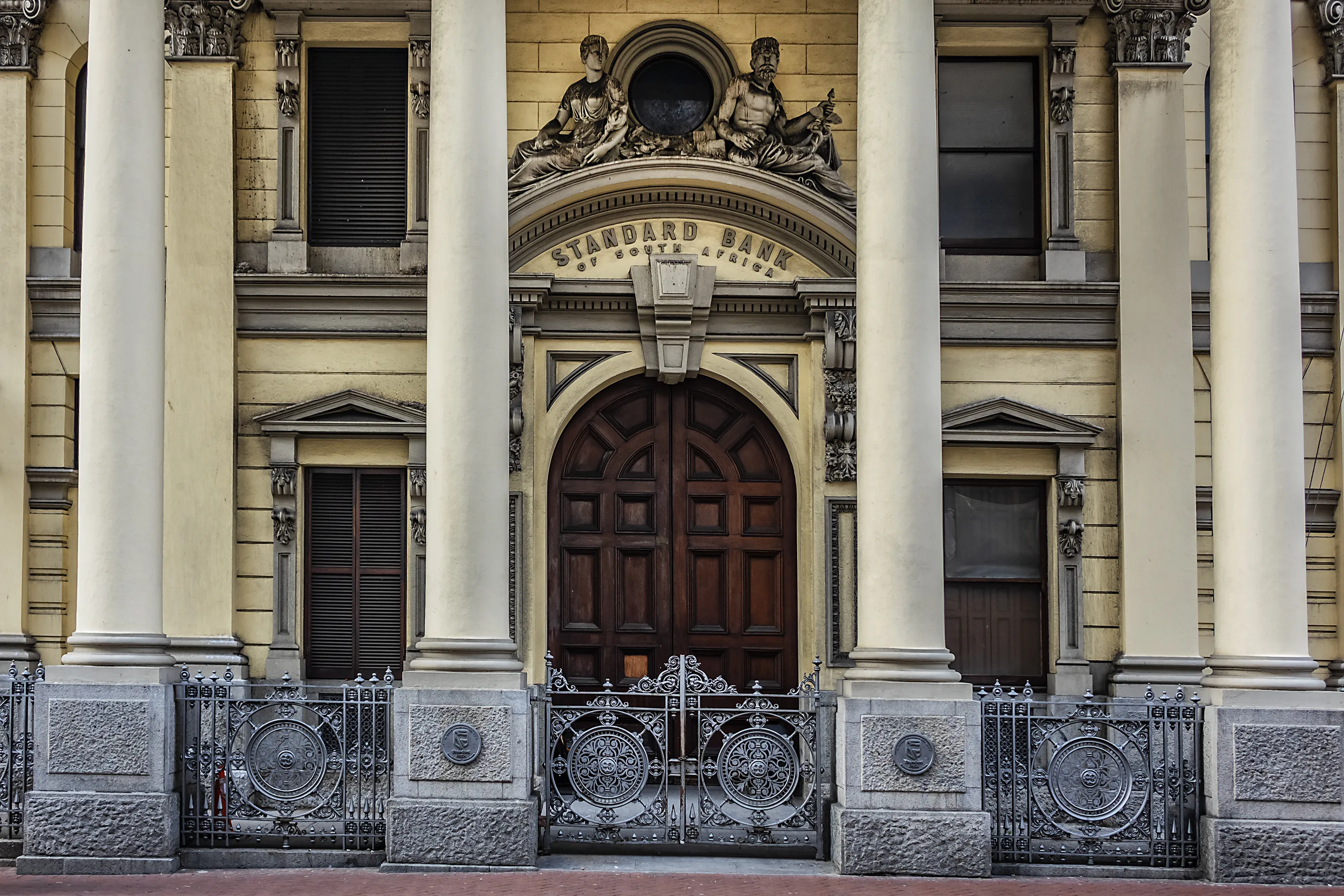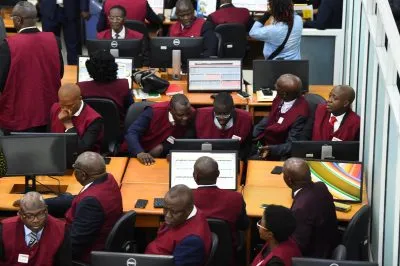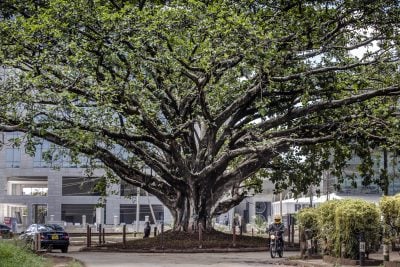Given that the country has the most developed financial services market on the continent, South African banks have understandably dominated our Top Banks’ rankings since we launched them nearly two decades ago.
The position of South Africa’s big four banks has been eroded very slightly this year but they still fill four of the top six slots in our survey of Africa’s Top 100 Banks in 2022, with Standard Bank Group the biggest bank in Africa. It is therefore no surprise that South African banks fill the top six positions in our Southern African Top 20 table.
Very low rates of growth in the South African economy over many years have long restricted the expansion of South African banks. Yet although they have moved into some other African markets, with Standard Bank now boasting 15m customers spread over 20 countries, not all of them have been as aggressive with their geographical expansion as might have been expected.
Their performance has also been weakened by the depreciation of the rand against the US dollar over the past few years. The economic environment could be particularly difficult this year as a result of a series of increases in the benchmark interest rate by the South African Reserve Bank since late 2021 as it sought to rein in inflation, which has risen on the back of supply chain dislocation following the pandemic and the rising cost of basic food imports because of the war in Ukraine.
Nevertheless, South African banks have shared in the recovery following the easing of pandemic restrictions. Standard Bank saw its total headline earnings jump by 57% in 2020 to $1.7bn last year, with a 172% rise in the South African market to $879m on the back of a 52% fall in total credit impairment charges. Moreover, the number of digital banking customers in South Africa increased from 11.8m at the end of 2019 to 14.4m 12 months later.
Professional services firm PwC noted: “The total number of digitally active clients has been on a steady growth path since the onset of the pandemic in 2020 accelerated by changing customer expectations.”
Threat of grey listing
South Africa’s banking system has long enjoyed a strong reputation but that is now at risk. The Financial Action Task Force (FATF) has warned that South Africa could be added to its list of countries that require greater monitoring, the so-called “grey list”, unless Pretoria demonstrates that it has sufficiently strengthened its money laundering structures by October.
South Africa’s banks have warned that such a designation by the FATF, which is the global financial crimes watchdog, would drive up inflation, unemployment and interest rates.
Mauritius Commercial Bank is the biggest non-South African bank in the region with capital of $1.3bn, while State Bank Mauritius, Investec Bank (Mauritius) and HSBC Bank (Mauritius) also feature in the Top 20.
The regional Top 20
The Top 100 Banks survey ranks the banks according to their Tier 1 capital. This consists of: capital + reserves + retained earnings + minority interests. These are published in local currencies and then converted into US dollars at the exchange rates at the year-end date in the results (or on 31 December 2021), so changing FX rates can affect the ranking.
We collect the data from Bankers’ Almanac, Moody’s Analytics BankFocus and the in-house research of African Business, excluding some banks where data is old or unreliable. The table below lists the Top 20 banks in the Southern African region along with their positions in the continental ranking.
Want to continue reading? Subscribe today.
You've read all your free articles for this month! Subscribe now to enjoy full access to our content.
Digital Monthly
£8.00 / month
Receive full unlimited access to our articles, opinions, podcasts and more.
Digital Yearly
£70.00 / year
Our best value offer - save £26 and gain access to all of our digital content for an entire year!
 Sign in with Google
Sign in with Google 



